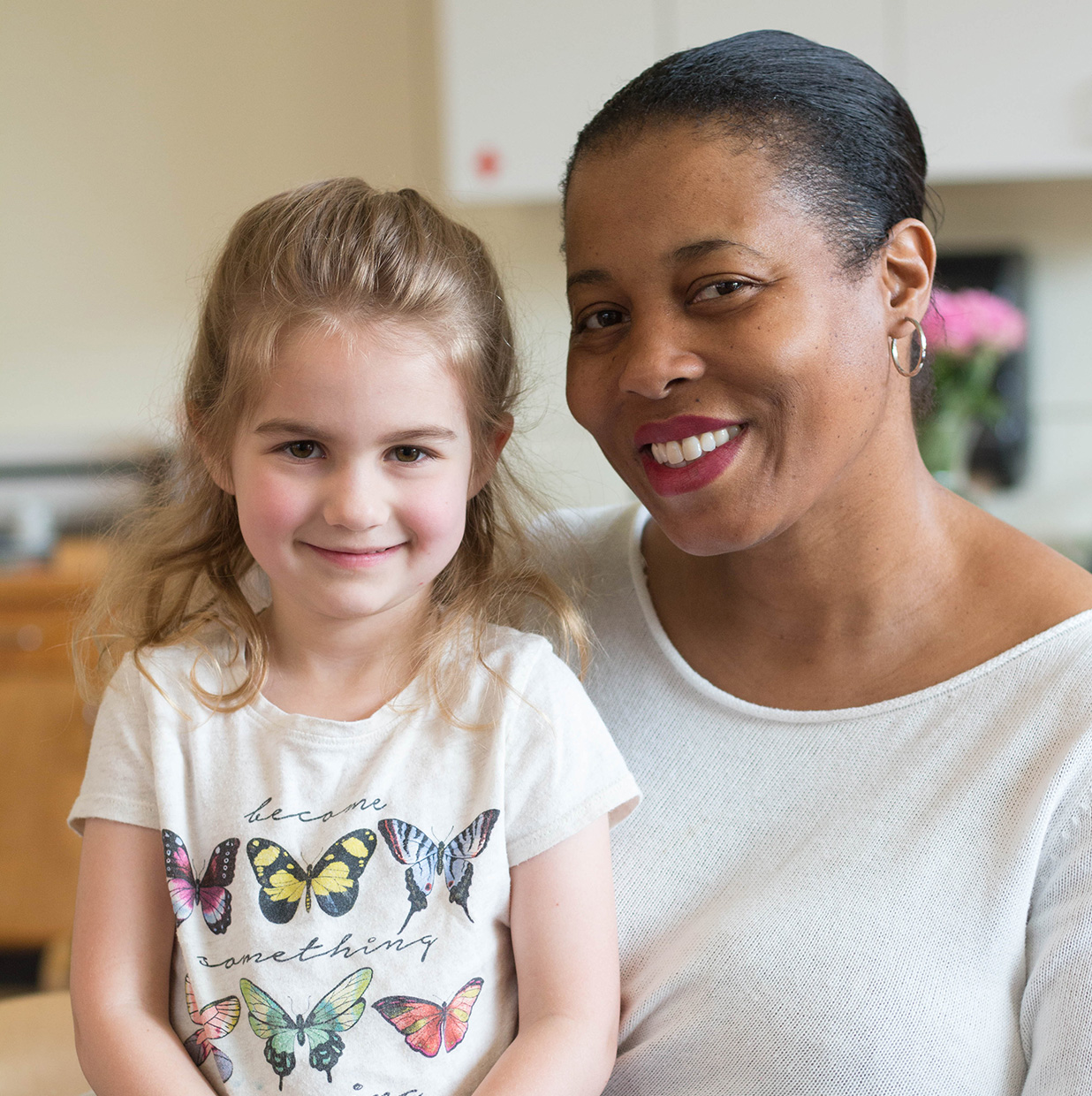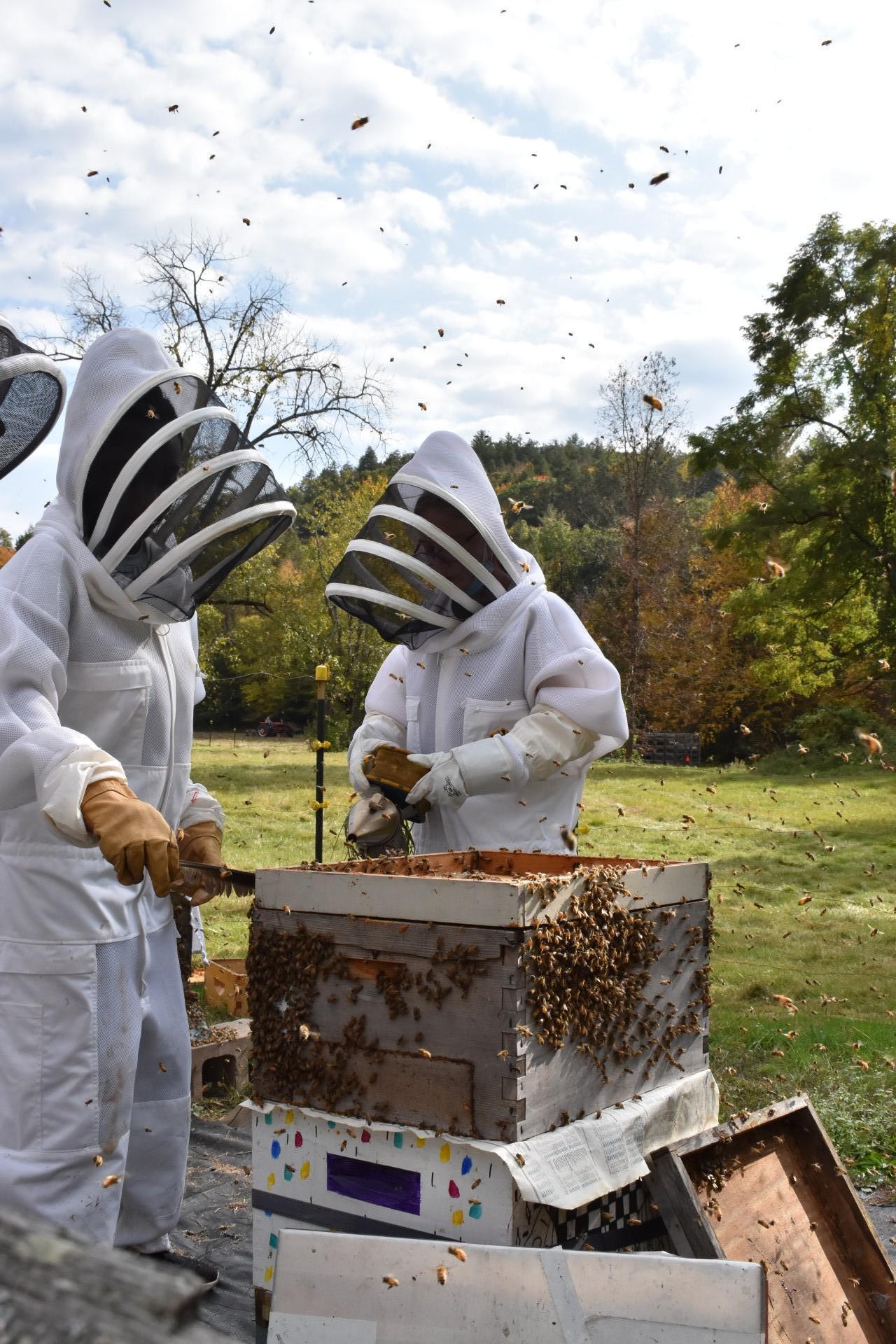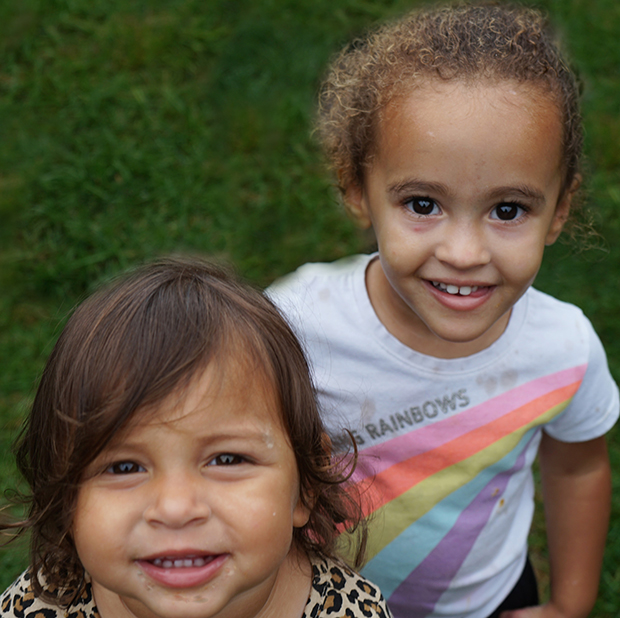Tips for Reacting During Stressful Situations
December 20th, 2018
Tips for Reacting During Stressful Situations
By, Teresa Reynolds
MSGH Toddler Guide
If a situation requires more attention or discussion (i.e., your child can't get something to work properly or something broke), suggest that you both sit down and enjoy a cup of water; this can do wonders to calm a child down and will allow you a few moments to assess the situation and figure out what your child needs next.
Humming your child's favorite song during a stressful time can also be calming.
When you see that your child is in distress about something, take a deep breath. Observe the situation, and give yourself a moment to think about how you want to respond. If your child has hurt him or herself, calmly acknowledge that you understand that he or she is hurt, and then let your child react to you instead of you reacting. You don't want to elevate the level of stress your child is experiencing. The incident has already happened, so the focus needs to be how not to make it worse.
Try not to overreact or lose control so your child can learn how to manage intense emotions. This can be difficult when life throws a curve ball, but remember if you yell or use mean, sarcastic language when you are upset, that is how your child will manage situations with friends at school. When dealing with people in the community, remember to model respect for others, even when others have done something wrong.
Show your child that you can "work out the problem" without resorting to yelling, slamming doors, stomping around, honking the horn, swearing, or saying disrespectful things about others. This kind of behavior adds to the stress of things and tends to create more problems.
Take a breather if you need it. If you are not sure you can handle your own emotions in a situation, take a break and tell your child, "Mommy needs to go in the other room to take a deep breath to calm down. I will be back in a moment to talk to you calmly." This way, your child gets a calmer version of you, while also learning strategies for how to calm him or herself down.














